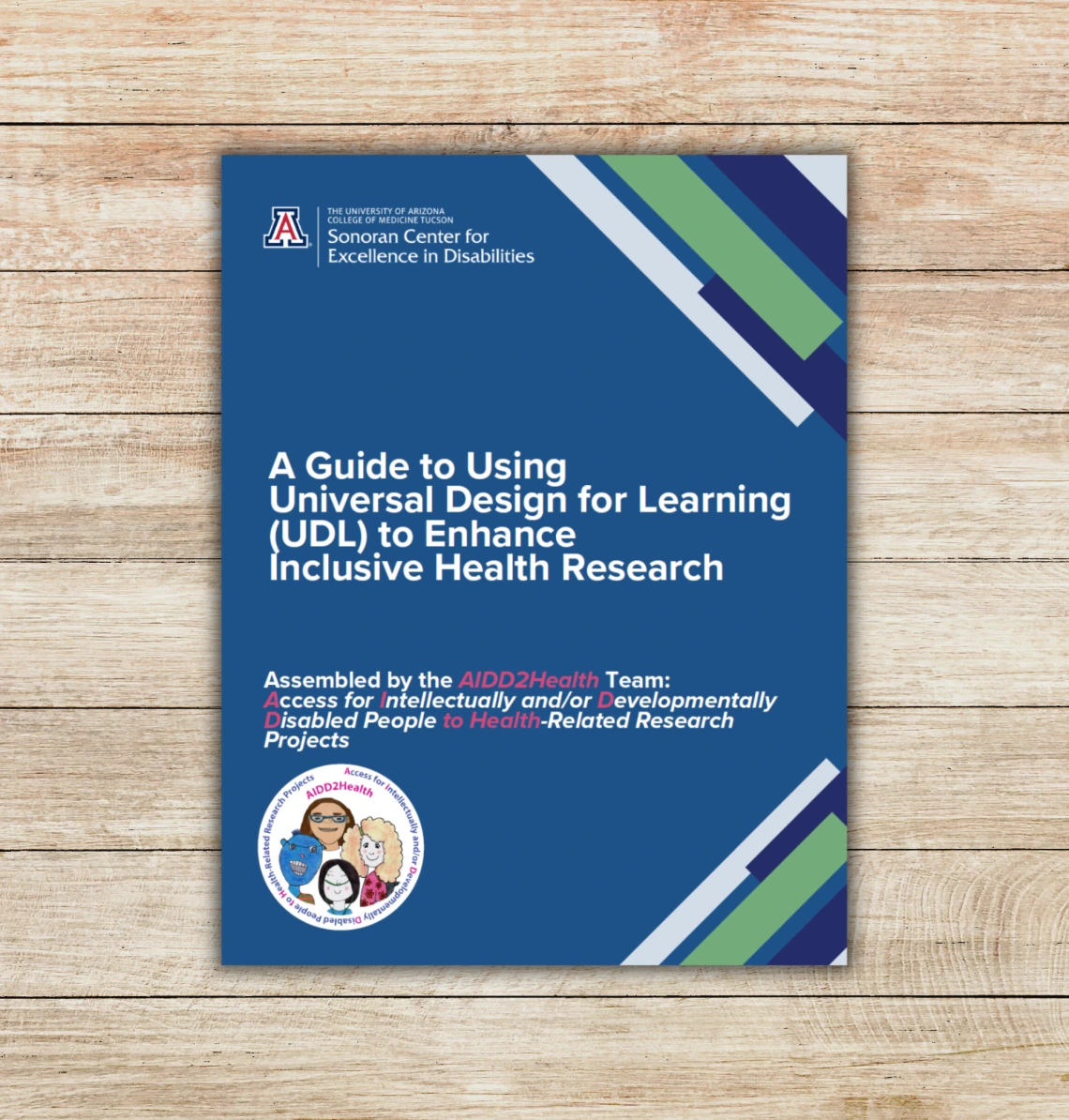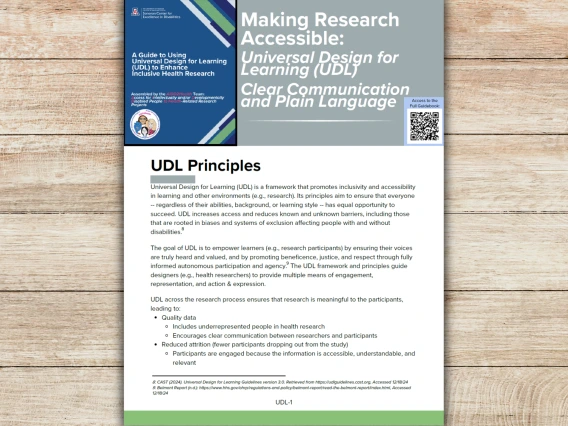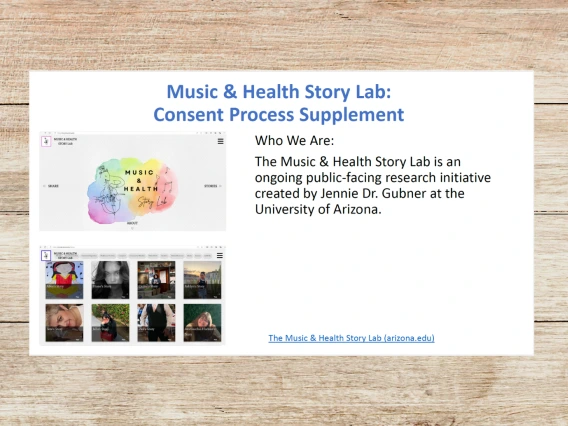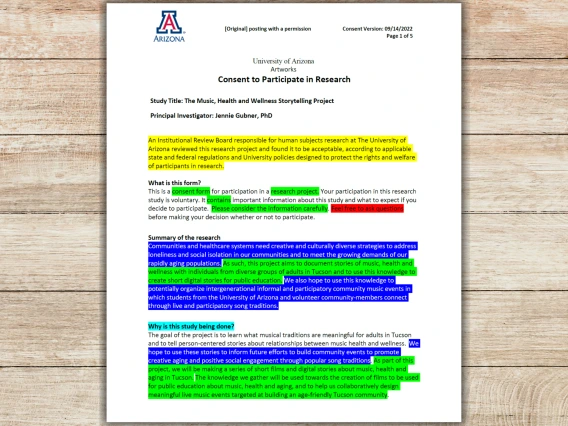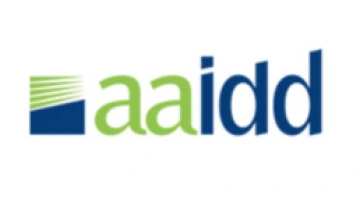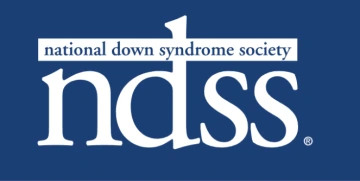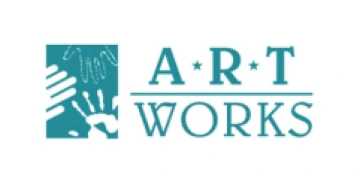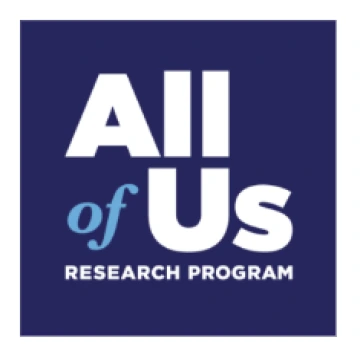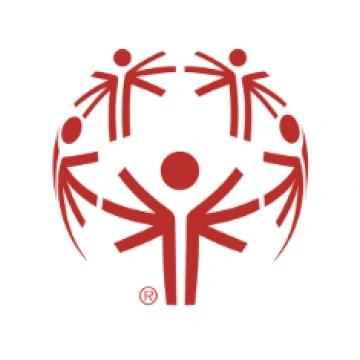
AIDD2Health: Access for Intellectually and/or Developmentally Disabled People to Health-Related Research Projects
About the Project
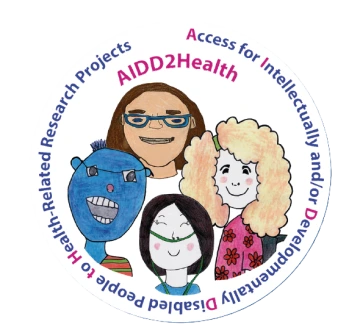
Mission
Our mission is to support health-related research that addresses what intellectually and/or developmentally disabled people want for healthy living. This includes physical and mental health, direct services, policy development, education, and other issues related to health and community living. We want to support research that is accessible, inclusive and ethical. We are self-advocates, supporters, and researchers in Arizona. We are working to develop strategies, tools, and models that others around the U.S. can use. We use Universal Design for Learning (UDL) principles to develop our tools and models.
Vision
We want to make sure that intellectually and/or developmentally disabled (IDD) people are included in all areas of health research. Inclusion will help people with IDD have fair access to good health and community living. This means disabled people and their supporters will get help from: fair policies, ethical practices, accessible information, and culturally responsive approaches.
Objectives
- Make sure that people with IDD can access health-related research projects that are important to them.
- Teach researchers and the Institutional Review Boards (IRB) at Universities about IDD-inclusive research practices and how to use them in health-related projects.
- Create a library of resources and tools that promote inclusion of people with IDD in research.
Why is Building Capacity in Health-Related Research to Include People with IDD important?
People with intellectual and developmental disabilities (IDD) have a higher prevalence of chronic health conditions, such as diabetes and psychiatric disorders, compared to the general population. However, they are underrepresented in health-related research and national data. To promote equitable access to health-related projects that are important for people with IDD, the Sonoran Center for Excellence in Disabilities received a two-year, $250,000 grant from the Patient-Centered Outcomes Research Institute (PCORI). https://www.pcori.org/
